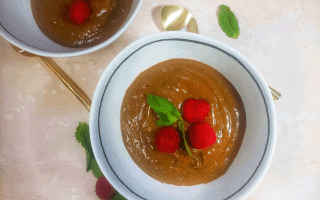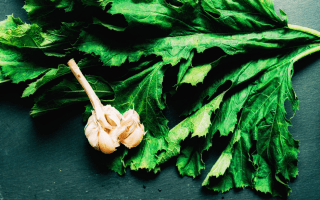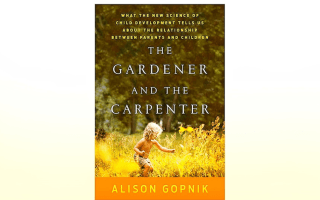We heard a lot of buzz about ghee. But, what is it anyway? Is it better for you than butter? Are ghee and butter interchangeable?
Ghee is a type of clarified butter used in Indian and Pakistani cooking. It is high in fat so you can use it in place of coconut oil or butter. Ghee is made from heating butter so that the milk, liquid and oil separate. Once the milk solids are removed and the liquid is evaporated, you are left with clarified butter. However, when butter is heated longer to let the milk solids caramelize before removal, you get ghee. Many describe this oil as nutty in flavor and some say it’s even “more buttery than butter.” But why not just use butter? Is it that much better for you?
How ghee and butter measure up in health benefits
Because it has a higher smoking point than butter, ghee can be used for frying and sautéing. There aren’t a lot of healthy options for frying so this is great news. Also, ghee produces less acrylamide, a toxin created when starchy foods are prepared using high heat. This toxin is a known carcinogen in animals.
Since the milk solids are removed, ghee is better for dairy-intolerant or dairy-sensitive people. It is also keto- and paleo-friendly, which is perfect for people following these diets. Keto- dieters say ghee tastes even better in coffee than butter. It contains a fatty acid called butyrate acid, which plays a vital role in digestion. Ghee also contains vitamin E, vitamin A, and other antioxidants.
Health benefits of cooking with ghee
Chandradhar Dwivedi, professor emeritus of pharmacology at South Dakota State University, explains “that eating fat-rich foods can increase the ‘bio-availability’ and absorption of some healthy vitamins and minerals” (1). Basically, the fat in ghee helps the body absorb certain nutrients. For example, vegetables commonly contain pigments called carotenoids, which contain a lot of antioxidants that fight cell damage. However, our bodies can’t absorb them as efficiently if we eat them without fats. So, maybe cooking veggies in butter (or ghee) to entice our kids isn’t all bad. This brings us to his second point; ghee also makes your not-so-favorite healthy foods taste better.
Making ghee at home
Ghee costs more than butter. However, it is relatively easy to make. Katie Wells of Wellness Mama gives step-by-step instructions on how to make ghee yourself on her site.
So, can we interchange ghee and butter?
Despite all the good press about ghee, there isn’t a clear consensus on whether it is necessarily healthier than butter. However, it is a great alternative to butter and offers different health benefits from your usual fats. So, why not try ghee and change it up a little?
Read more posts about Nutrition
Publications:
(1) Heid, Markham. “Is Ghee Healthy? Here’s What the Science Says.” Time, Time, 22 Apr. 2019, time.com/5571810/is-ghee-healthy/.
(2) Higuera, Valencia. “Ghee vs. Butter: Which Is Healthier?” Healthline, Healthline Media, 28 Feb. 2018, www.healthline.com/health/food-nutrition/ghee-vs-butter.
(3) Railton, David. “Ghee vs Butter: What Are the Differences?” Medical News Today, MediLexicon International, 5 Dec. 2018, www.medicalnewstoday.com/articles/321707.php.
This article is for informational purposes only, even if it features the advice of physicians and medical practitioners. It is not intended to be a substitute for professional medical advice, diagnosis, or treatment and should never be relied upon for specific or personal medical conditions. Your use of the site indicates your agreement to be bound by our Terms of Use and Privacy Policy.






